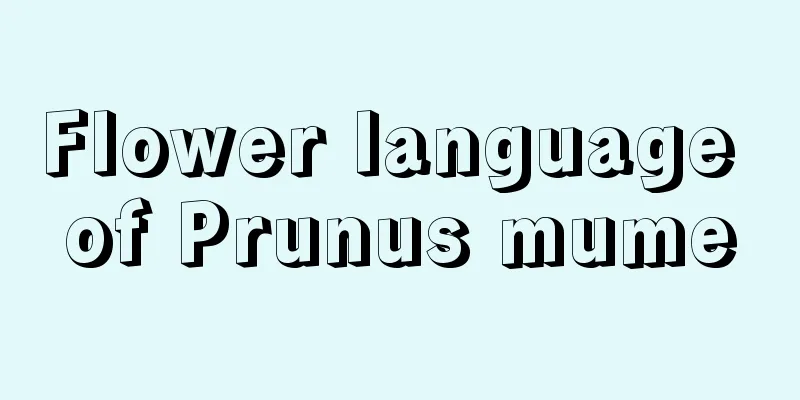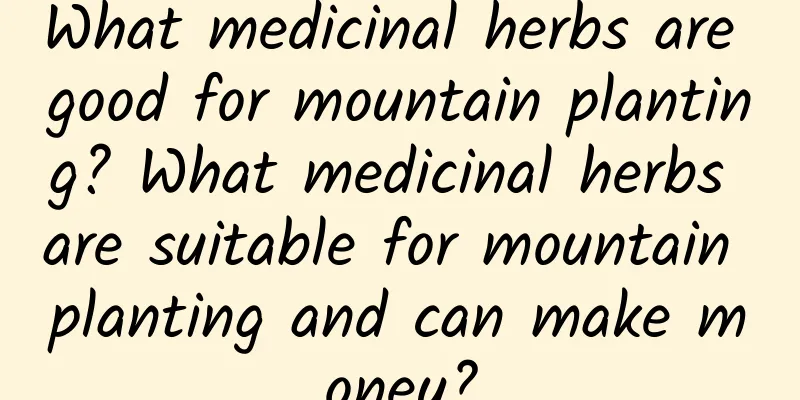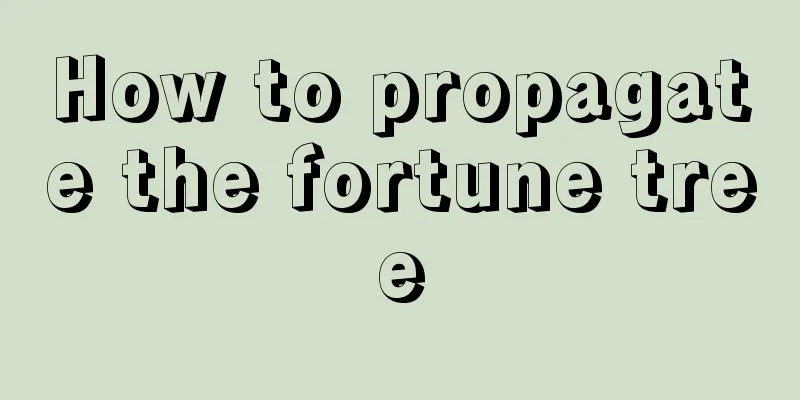What are the functions of cinnabar root (wealth seeds)

The ornamental effect of cinnabar rootThe ornamental value of Cinnabar root is relatively high. It is evergreen and has a beautiful plant shape. In spring and summer, it will have light pink flowers that emit a faint fragrance. In autumn, the red fruits are crystal clear and very pleasing. The fruit viewing period is relatively long. Whether it is planted in the garden for viewing or in potted plants for viewing, the effect is very good. The main purpose of potted ornamental cinnabar roots is to view the fruit. The crystal clear red fruit and the green leaves complement each other beautifully. The fruit-viewing period of Cinnabar Root is long, and it is available on the market during the Spring Festival. Because of the bright red fruit, people give it names such as "wealth seeds", not only for viewing, but also for bringing some joy. The cinnabar roots grown for garden viewing are mainly planted under forests and in rock gardens. Cinnabar root can be used as an optimized garden tree species. Planting it according to local conditions can beautify the environment and create a different viewing effect. Medicinal effects of cinnabar rootCinnabar root has a high medicinal effect, and both the root and the whole plant can be used as medicine. Cinnabar root has the effects of clearing away heat and removing fire, promoting blood circulation and removing blood stasis, reducing swelling and detoxifying, and removing phlegm. It can treat tonsillitis, toothache, bruises and other diseases. In addition, cinnabar root has other uses. The fruit can be eaten, and it can also be used to extract oil and make soap. Other functions of cinnabar rootCinnabar root also has certain economic and ecological benefits. Cinnabar root is highly ornamental and loved by people. It is a popular flower in the flower market and a good source of income for flower farmers. The ecological benefits are reflected in the role of cinnabar root in fixing surface water and soil, and planting cinnabar root as a jungle belt can beautify the ecological environment. |
<<: The flower language and cultural legend of the Croton tiglium
>>: The Flower Language and Legend of Begonia
Recommend
What kind of fertilizer is good for walnut trees (base fertilizer application method)
The role of walnut tree base fertilizer When cari...
How to fertilize rueba
How to fertilize the rue Adequate nutrients Befor...
Magnolia pest control
Magnolia Diseases: Anthracnose Symptoms Magnolia ...
Why do the leaves of Desert Rose turn yellow and fall off?
Desert rose is favored by many gardening enthusia...
What is the difference between longan and jujube? What are the benefits of eating more?
1. Difference 1. Fruit: The flesh of longan is wh...
Is it better to use a tall pot or a short pot for Begonia? Is it better to use a large pot or a small pot for Begonia?
The most suitable flowerpot for growing crabapple...
How to water cymbidium
Water quality requirements First, let’s talk abou...
How to cultivate thick roots of jasmine
1. Put it in the basin We can add some substances...
Are daffodils poisonous? Can pregnant women at home grow daffodils?
1. Is it poisonous? Although the flowers of daffo...
Jasmine's Flower Language and Story
1. Flower Language The flower language of jasmine...
Can green apple arrowroot be hydroponically cultivated? Hydroponics cultivation method
Can green apple arrowroot be hydroponically culti...
Cutting method of Michelia
1. Selection of cutting materials Everyone should...
Can Calla Lily bulbs be planted in spring?
1. Can we plant in spring? If you want to plant c...
When is the best time to take cuttings of osmanthus trees in the north? How to take cuttings?
1. Cutting time Its cuttings are usually chosen i...
How to plant Ligustrum lucidum seeds
1. Spring sowing 1. Seed collection Ligustrum luc...









